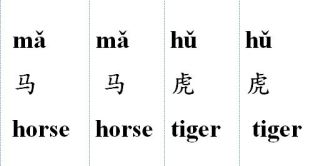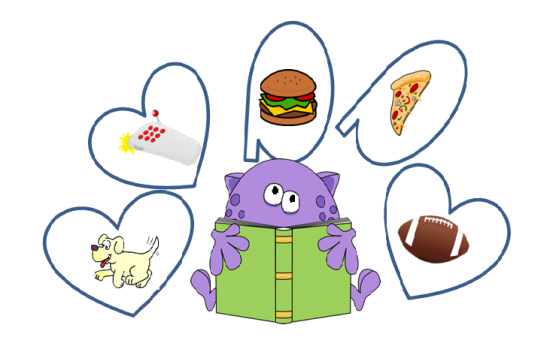马马虎虎 (pinyin: mǎ mǎ hǔ hǔ ) is an interesting Chinese idiom, word-for-word translation is horse horse tiger tiger. It is used to describe something that is neither outstanding nor terrible, fair to middling. Depending on the situation, it can mean not so bad (but not so great either); fair, just so-so, or just passable.

Tā de xī bān yá yǔ mǎ mǎ hǔ hǔ.
他的西班牙语马马虎虎。(His Spanish is okay.)
When you are asked whether you liked something (a movie, a restaurant, or a book), and if you felt just ‘okay’ about it, you could say 马马虎虎.
Examples:
Question: Diàn yǐng hǎo kàn ma?
电影好看吗?(How was the movie?)
Answer: Mǎ mǎ hǔ hǔ.
马马虎虎。 (Just so-so)
Sometimes, 马马虎虎(mǎ mǎ hǔ hǔ)can refer to careless, carelessly.
Example:
Tā zuò shì qíng mǎ mǎ hǔ hǔ, jīng cháng chū cuò.
他做事情马马虎虎,经常出错。
(He does work carelessly, often makes mistakes.)
马马虎虎 can also be used when you are trying to be modest. If someone praises you about being good at something, you may reply “马马虎虎, 马马虎虎.”
Example:
Praise: Nǐ de zhōng wén hǎo bàng a!
你的中文好棒啊! (Your Chinese is so good!)
Reply: mǎ mǎ hǔ hǔ, mǎ mǎ hǔ hǔ
马马虎虎, 马马虎虎. (Just so-so, just so-so.)
People will interpret it as you’re being modest, and they usually like a response like this.
*Chengyu (成语; pinyin: chéngyǔ,) are a type of traditional Chinese idiomatic expression, most of which consist of four characters. An idiom is a group of words that have a meaning not obviously made through the individual words. Although some chengyu are abstruse, many are interesting, even amusing, and are commonly used in spoken Chinese. If you could use a couple of chengyu when talking to your Chinese friends, they would be surely impressed!

